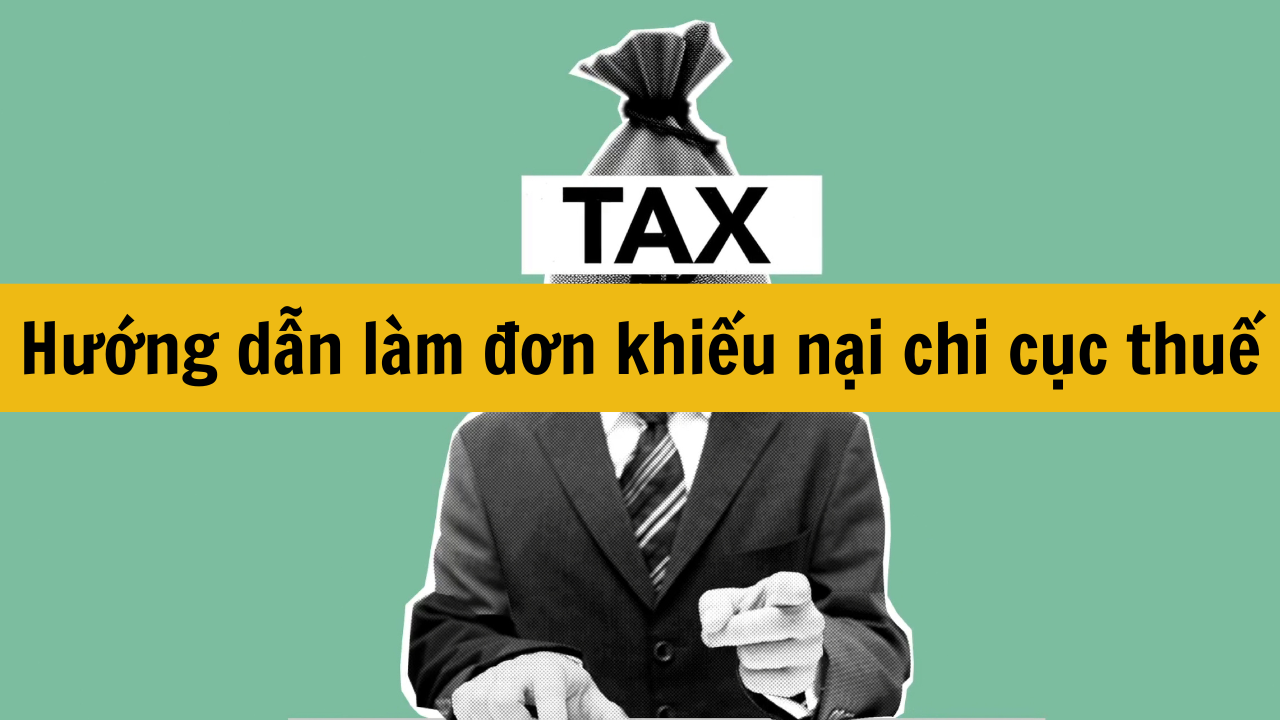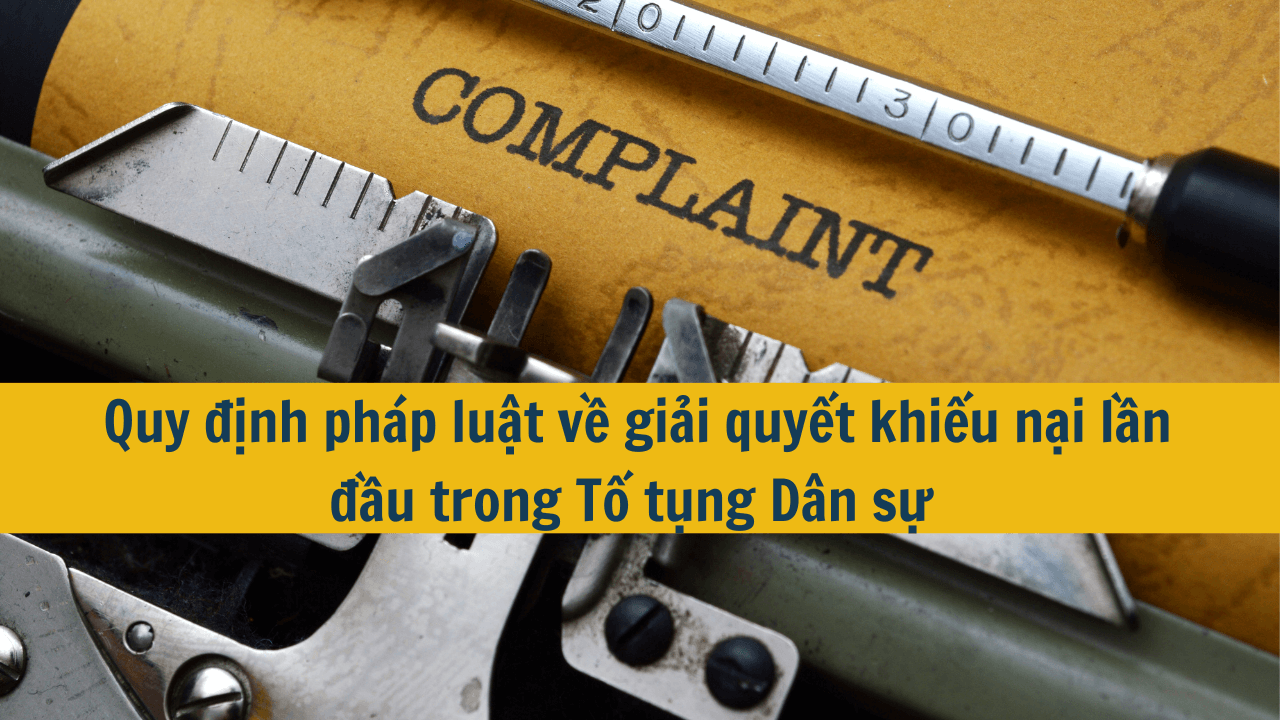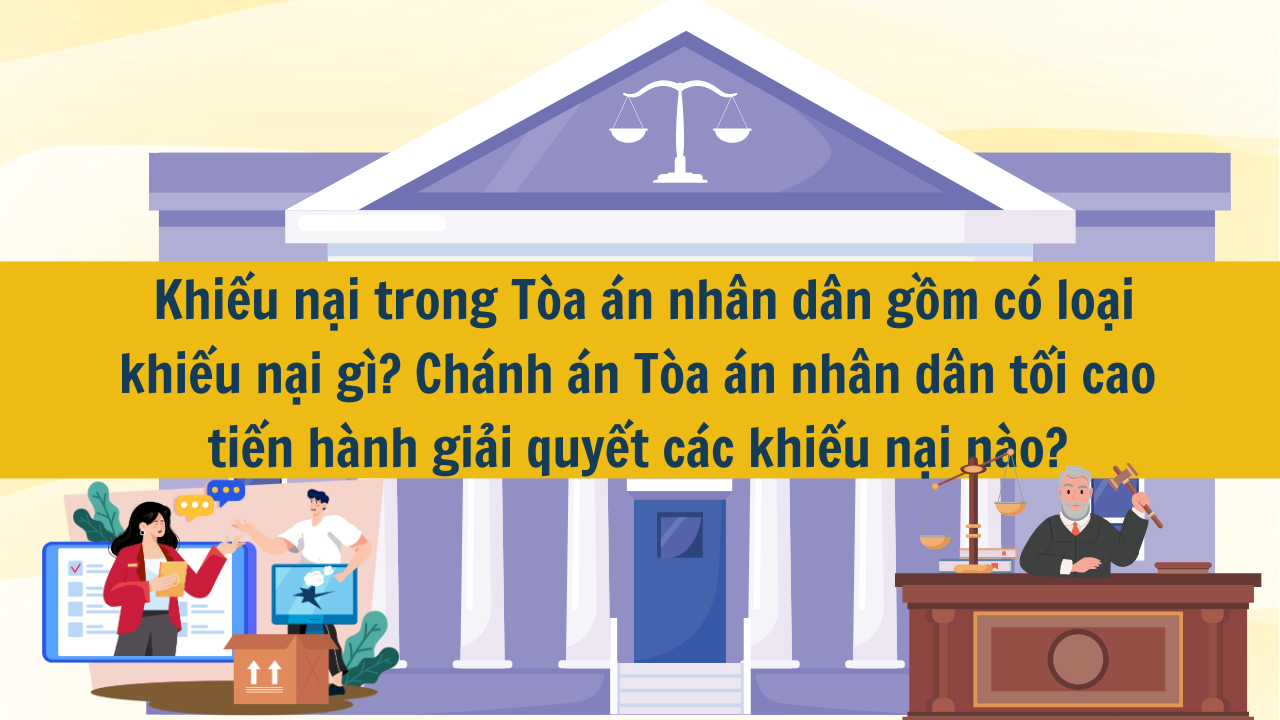 Tìm kiếm
Tìm kiếm
Chương 5 Luật khiếu nại 2011: Tiếp công dân
| Số hiệu: | 02/2011/QH13 | Loại văn bản: | Luật |
| Nơi ban hành: | Quốc hội | Người ký: | Nguyễn Sinh Hùng |
| Ngày ban hành: | 11/11/2011 | Ngày hiệu lực: | 01/07/2012 |
| Ngày công báo: | 19/02/2012 | Số công báo: | Từ số 163 đến số 164 |
| Lĩnh vực: | Thủ tục Tố tụng | Tình trạng: | Còn hiệu lực |
TÓM TẮT VĂN BẢN
Văn bản tiếng việt
Văn bản tiếng anh
1. Trụ sở tiếp công dân của Đảng và Nhà nước được tổ chức ở trung ương và địa phương để tiếp công dân đến khiếu nại, tố cáo, kiến nghị, phản ánh theo quy định của cơ quan, tổ chức có thẩm quyền.
Địa điểm tiếp công dân là nơi tiếp công dân do cơ quan, tổ chức, cá nhân có thẩm quyền bố trí để tiếp công dân đến khiếu nại, tố cáo, kiến nghị, phản ánh theo quy định của pháp luật.
2. Người đứng đầu cơ quan, tổ chức có trách nhiệm tổ chức tiếp công dân; bảo đảm các điều kiện cần thiết để tiếp công dân; bố trí cán bộ có đủ phẩm chất, năng lực, trình độ, kiến thức và am hiểu chính sách, pháp luật, có ý thức trách nhiệm làm công tác tiếp công dân đến khiếu nại, tố cáo, kiến nghị, phản ánh.
1. Xuất trình giấy tờ tùy thân, tuân thủ quy chế tiếp công dân và thực hiện theo sự hướng dẫn của cán bộ tiếp công dân.
2. Trình bày trung thực sự việc, cung cấp thông tin, tài liệu liên quan đến nội dung khiếu nại, tố cáo, kiến nghị, phản ánh của mình và ký tên hoặc điểm chỉ vào biên bản xác nhận những nội dung đã trình bày.
3. Được hướng dẫn, giải thích về việc thực hiện quyền khiếu nại, tố cáo.
4. Cử đại diện để trình bày với người tiếp công dân trong trường hợp có nhiều người cùng khiếu nại, tố cáo về một nội dung.
5. Được khiếu nại, tố cáo về những hành vi sai trái, cản trở, gây phiền hà, sách nhiễu của người tiếp công dân.
1. Thủ trưởng cơ quan nhà nước, Chủ tịch Ủy ban nhân dân các cấp trực tiếp tiếp công dân định kỳ như sau:
a) Chủ tịch Ủy ban nhân dân cấp xã mỗi tuần ít nhất một ngày;
b) Chủ tịch Ủy ban nhân dân cấp huyện mỗi tháng ít nhất hai ngày;
c) Chủ tịch Ủy ban nhân dân cấp tỉnh mỗi tháng ít nhất một ngày;
d) Thủ trưởng cơ quan nhà nước khác mỗi tháng ít nhất một ngày.
2. Việc tiếp công dân của Chủ tịch Ủy ban nhân dân các cấp, Thủ trưởng cơ quan nhà nước phải gắn với việc giải quyết khiếu nại thuộc thẩm quyền và chỉ đạo giải quyết khiếu nại theo thẩm quyền của Thủ trưởng cơ quan nhà nước do mình quản lý.
3. Chánh thanh tra các cấp có trách nhiệm tổ chức tiếp công dân thường xuyên theo quy định của pháp luật.
4. Người đứng đầu tổ chức khác có trách nhiệm trực tiếp tiếp công dân ít nhất mỗi tháng một ngày.
5. Ngoài việc tiếp công dân định kỳ, Chủ tịch Ủy ban nhân dân các cấp, người đứng đầu cơ quan, tổ chức phải tiếp công dân khi có yêu cầu cấp thiết.
1. Tiếp nhận khiếu nại, tố cáo, kiến nghị, phản ánh của công dân; phân loại và chuyển đến người có thẩm quyền giải quyết theo quy định của pháp luật.
2. Hướng dẫn, giải thích cho công dân về chính sách, pháp luật có liên quan đến nội dung yêu cầu của công dân.
3. Cán bộ tiếp công dân có quyền từ chối tiếp trong các trường hợp sau đây:
a) Người đến khiếu nại, tố cáo, kiến nghị, phản ánh về vụ việc đã được kiểm tra xem xét và đã có quyết định hoặc kết luận giải quyết của cơ quan có thẩm quyền theo quy định của pháp luật và đã được trả lời đầy đủ;
b) Người vi phạm quy chế tiếp công dân.
4. Người phụ trách trụ sở, địa điểm tiếp công dân trong phạm vi nhiệm vụ, quyền hạn của mình có trách nhiệm theo dõi, kiểm tra, đôn đốc việc giải quyết khiếu nại, tố cáo của người có thẩm quyền; xử lý theo thẩm quyền hoặc kiến nghị cơ quan có thẩm quyền xử lý hành vi vi phạm pháp luật về khiếu nại, tố cáo của người có trách nhiệm trong giải quyết khiếu nại, tố cáo.
Chapter 5
RECEPTION OF CITIZENS
Article 59. Citizen reception offices and places
1. Citizen reception offices of the Party and State shall be established at central and local levels to receive citizens who come to make complaints, denunciations, recommendations or reports under regulations of competent agencies or organizations.
Citizen reception places are places arranged by competent agencies, organizations or persons to receive citizens who come to make complaints, denunciations, recommendations or reports in accordance with law.
2. Heads of agencies and organizations shall organize the citizen reception; assure necessary conditions for citizen reception; assign cadres who are fully qualified, capable and knowledgeable about policies and laws, and have a sense of responsibility to receive citizens who come to make complaints, denunciations, recommendations or reports.
Article 60. Rights and obligations of persons who make complaints, denunciations, recommendations or reports at citizen reception offices and places
1. To show their personal identity papers, comply with citizen reception regulations, and follow instructions of citizen reception officers.
2. To truthfully present matters, provide information and documents relating to their complaint, denunciation, recommendation or report contents, and sign or fingerprint in written records for confirmation of presented contents.
3. To receive guidance or explanations about the exercise of the right to complaint or denunciate.
4. To appoint their representatives to present matters to citizen reception officers in case many persons make complaints or denunciations about the same content.
5. To make complaints or denunciations about illegal acts, obstructions, harassments or unreasonable demands of citizen reception officers.
Article 61. Citizen reception responsibility of heads of agencies and organizations
1. Heads of state agencies and chairpersons of People's Committees at all levels shall personally receive citizens on a regular basis as follows:
a/ Chairpersons of commune-level People's Committees shall receive citizens at least one day a week;
b/ Chairpersons of district-level People's Committees shall receive citizens at least two days a month;
c/ Chairpersons of provincial People's Committees shall receive citizens in at least one day a month;
d/ Heads of other state agencies shall receive citizens at least one day a month.
2. The reception of citizens by chairpersons of People's Committees at all levels, and heads of state agencies must be associated with the settlement of complaints under their competence and direction of complaint settlement under competence by heads of state agencies that are managed by them.
3. Chief inspectors at all levels shall organize regular reception of citizens in accordance with law.
4. Heads of other organizations shall personally receive citizens at least one day a month.
5. Beside regular reception of citizens, chairpersons of People's Committees at all levels and heads of agencies and organizations shall receive citizens when it is urgent.
Article 62. Responsibilities of citizen reception officers and persons in charge of citizen reception offices and places
1. To receive complaints, denunciations, recommendations and reports of citizens; to classify and forward them to persons competent to settle in accordance with law.
2. To provide citizens with guidance and explanations about policies and laws relating to their requests.
3. Citizen reception officers may refuse to receive in the following cases:
a/ Those who come to complain, denounce, recommend or report on cases or matters which have been examined, considered and for which settlement decisions or conclusions have been made by competent agencies in accordance with law and have been fully answered;
b/ Those who violate citizen reception regulations.
4. Those in charge of citizen reception offices and places shall, within the ambit of their tasks and powers, monitor, inspect and urge the settlement of complaints and denunciations by competent persons; handle according to their competence or request competent agencies to handle violations of the laws on complaints and denunciations committed by responsible persons in the course of settlement of complaints and denunciations.
Văn bản liên quan
Cập nhật
Điều 3. Áp dụng pháp luật về khiếu nại và giải quyết khiếu nại
Điều 15. Quyền, nghĩa vụ của người giải quyết khiếu nại lần hai
Điều 27. Thụ lý giải quyết khiếu nại
Điều 29. Xác minh nội dung khiếu nại
Điều 32. Gửi quyết định giải quyết khiếu nại lần đầu
Điều 33. Khiếu nại lần hai hoặc khởi kiện vụ án hành chính
Điều 35. Áp dụng biện pháp khẩn cấp
Điều 36. Thụ lý giải quyết khiếu nại lần hai
Điều 38. Xác minh nội dung khiếu nại lần hai
Điều 39. Tổ chức đối thoại lần hai
Điều 41. Gửi, công bố quyết định giải quyết khiếu nại
Điều 44. Quyết định giải quyết khiếu nại có hiệu lực pháp luật
Điều 46. Thi hành quyết định giải quyết khiếu nại có hiệu lực pháp luật
Điều 52. Xác minh nội dung khiếu nại
Điều 54. Quyết định giải quyết khiếu nại lần đầu
Điều 55. Giải quyết khiếu nại lần hai
Điều 56. Quyết định giải quyết khiếu nại lần hai
Điều 57. Hiệu lực của quyết định giải quyết khiếu nại, khởi kiện vụ án hành chính
Điều 4. Nguyên tắc khiếu nại và giải quyết khiếu nại
MỤC 2. TRÌNH TỰ, THỦ TỤC GIẢI QUYẾT KHIẾU NẠI LẦN ĐẦU
Điều 29. Xác minh nội dung khiếu nại
Điều 31. Quyết định giải quyết khiếu nại lần đầu
Điều 34. Hồ sơ giải quyết khiếu nại
MỤC 3. TRÌNH TỰ, THỦ TỤC GIẢI QUYẾT KHIẾU NẠI LẦN HAI
Điều 40. Quyết định giải quyết khiếu nại lần hai
Điều 41. Gửi, công bố quyết định giải quyết khiếu nại
Điều 43. Hồ sơ giải quyết khiếu nại lần hai
Điều 50. Thời hạn thụ lý và giải quyết khiếu nại
Điều 52. Xác minh nội dung khiếu nại
Bài viết liên quan
Khi nào cần làm đơn khiếu nại đến chi cục thuế?

Khi nào cần làm đơn khiếu nại đến chi cục thuế?
Trong quá trình thực hiện nghĩa vụ thuế, người nộp thuế có thể gặp phải những trường hợp như sai sót trong quyết định xử phạt, tính toán sai lệch về nghĩa vụ thuế, hoặc các vấn đề không rõ ràng từ phía cơ quan thuế. Khi gặp phải các tình huống này, việc làm đơn khiếu nại đến chi cục thuế là cách bảo vệ quyền lợi hợp pháp của mình. Bài viết này sẽ hướng dẫn bạn cách xác định thời điểm cần thiết để gửi đơn khiếu nại và quy trình thực hiện. 21/11/202402 hình thức khiếu nại chi cục thuế

02 hình thức khiếu nại chi cục thuế
Khi gặp phải những vấn đề liên quan đến nghĩa vụ thuế, người nộp thuế có quyền khiếu nại để bảo vệ quyền lợi hợp pháp của mình. Có hai hình thức khiếu nại chính mà người dân và doanh nghiệp có thể sử dụng để trình bày các vấn đề với chi cục thuế. Bài viết này sẽ cung cấp cái nhìn tổng quan về hai hình thức khiếu nại này, giúp người nộp thuế hiểu rõ hơn về quy trình và cách thức thực hiện. 21/11/2024Thời hiệu khiếu nại quyết định của chi cục thuế là bao lâu?

Thời hiệu khiếu nại quyết định của chi cục thuế là bao lâu?
Khi gặp phải quyết định hành chính từ chi cục thuế, việc hiểu rõ về thời hiệu khiếu nại là rất quan trọng để bảo vệ quyền lợi của cá nhân và doanh nghiệp. Thời hiệu khiếu nại quy định khoảng thời gian mà người bị ảnh hưởng có thể chính thức phản đối quyết định thuế, nhằm đảm bảo tính công bằng và minh bạch trong quản lý thuế. Bài viết này sẽ cung cấp thông tin chi tiết giúp bạn nắm bắt và thực hiện quyền lợi của mình một cách hiệu quả. 21/11/2024Mẫu đơn khiếu nại quyết định của chi cục thuế

Mẫu đơn khiếu nại quyết định của chi cục thuế
Khi không đồng tình với quyết định của chi cục thuế, người nộp thuế có quyền thực hiện khiếu nại nhằm bảo vệ quyền lợi hợp pháp của mình. Việc lập mẫu đơn khiếu nại một cách chính xác và đầy đủ thông tin là điều cần thiết để quá trình xem xét và giải quyết khiếu nại được diễn ra thuận lợi. Bài viết này sẽ hướng dẫn bạn cách soạn thảo mẫu đơn khiếu nại quyết định của chi cục thuế, giúp bạn thực hiện quyền khiếu nại một cách hiệu quả nhất. 21/11/2024Hướng dẫn làm đơn khiếu nại chi cục thuế

Hướng dẫn làm đơn khiếu nại chi cục thuế
Khi gặp phải những quyết định hành chính về thuế mà bạn cho là không đúng đắn, việc khiếu nại là quyền lợi chính đáng của người nộp thuế. Tuy nhiên, không phải ai cũng biết cách viết đơn khiếu nại đúng quy định. Bài viết này sẽ hướng dẫn bạn từng bước cách làm đơn khiếu nại chi cục thuế một cách hiệu quả. 18/11/2024Quy định pháp luật về giải quyết khiếu nại lần đầu trong Tố tụng Dân sự

Quy định pháp luật về giải quyết khiếu nại lần đầu trong Tố tụng Dân sự
Khiếu nại một quyết định của tòa án trong vụ án dân sự xảy ra khi cơ quan, tổ chức, cá nhân đề nghị cơ quan, người có thẩm quyền xem xét lại quyết định, hành vi trong Tố Tụng Dân Sự của cơ quan, người tiến hành tố tụng, khi có căn cứ cho rằng quyết định, hành vi đó là trái pháp luật, xâm phạm quyền và lợi ích hợp pháp của mình. Vậy pháp luật quy định về giải quyết khiếu nại lần đầu như thế nào? 10/11/2024Quyền, nghĩa vụ của người khiếu nại, người bị khiếu nại theo Luật Khiếu nại

Quyền, nghĩa vụ của người khiếu nại, người bị khiếu nại theo Luật Khiếu nại
Luật Khiếu Nại quy định rõ ràng quyền và nghĩa vụ của các bên liên quan trong quá trình khiếu nại, nhằm đảm bảo tính công bằng, minh bạch và hiệu quả trong việc giải quyết khiếu nại. Căn cứ Luật khiếu nại 2011 và Nghị định 124/2020/NĐ-CP, quy định về quyền, nghĩa vụ của người khiếu nại, người bị khiếu nại cụ thể như bên dưới. 08/11/2024Khiếu nại là gì? Các hình thức của khiếu nại

Khiếu nại là gì? Các hình thức của khiếu nại
Khiếu nại là một trong những quyền cơ bản của công dân nhằm bảo vệ quyền và lợi ích hợp pháp của mình khi cảm thấy bị xâm phạm hoặc bị giải quyết sai lệch bởi cơ quan, tổ chức hoặc cá nhân có thẩm quyền. Việc khiếu nại không chỉ góp phần giải quyết các tranh chấp, mâu thuẫn trong xã hội một cách công bằng, minh bạch mà còn giúp cải thiện hiệu quả hoạt động của các cơ quan nhà nước, đảm bảo sự tuân thủ pháp luật. Vậy khiếu nại là gì, và quy trình giải quyết khiếu nại diễn ra như thế nào? Hãy cùng tìm hiểu qua bài viết sau. 06/11/2024Khiếu nại trong Tòa án nhân dân gồm có loại khiếu nại gì? Chánh án Tòa án nhân dân tối cao tiến hành giải quyết các khiếu nại nào?

Khiếu nại trong Tòa án nhân dân gồm có loại khiếu nại gì? Chánh án Tòa án nhân dân tối cao tiến hành giải quyết các khiếu nại nào?
Theo nguyên tắc, việc giải quyết khiếu nại, tố cáo phải bảo đảm khách quan, chính xác, kịp thời, đúng thẩm quyền, trình tự, thủ tục và thời hạn theo quy định của pháp luật. Việc giải quyết khiếu nại, tố cáo phải bảo đảm an toàn cho người khiếu nại, người tố cáo; bảo vệ lợi ích của Nhà nước, tập thể, quyền và lợi ích hợp pháp của công dân. Vậy khiếu nại trong Tòa án sẽ được giải quyết như thế nào? 06/11/2024Khiếu nại là gì? Đơn khiếu nại cần có những nội dung gì?


 Luật khiếu nại 2011 (Bản Word)
Luật khiếu nại 2011 (Bản Word)
 Luật khiếu nại 2011 (Bản Pdf)
Luật khiếu nại 2011 (Bản Pdf)